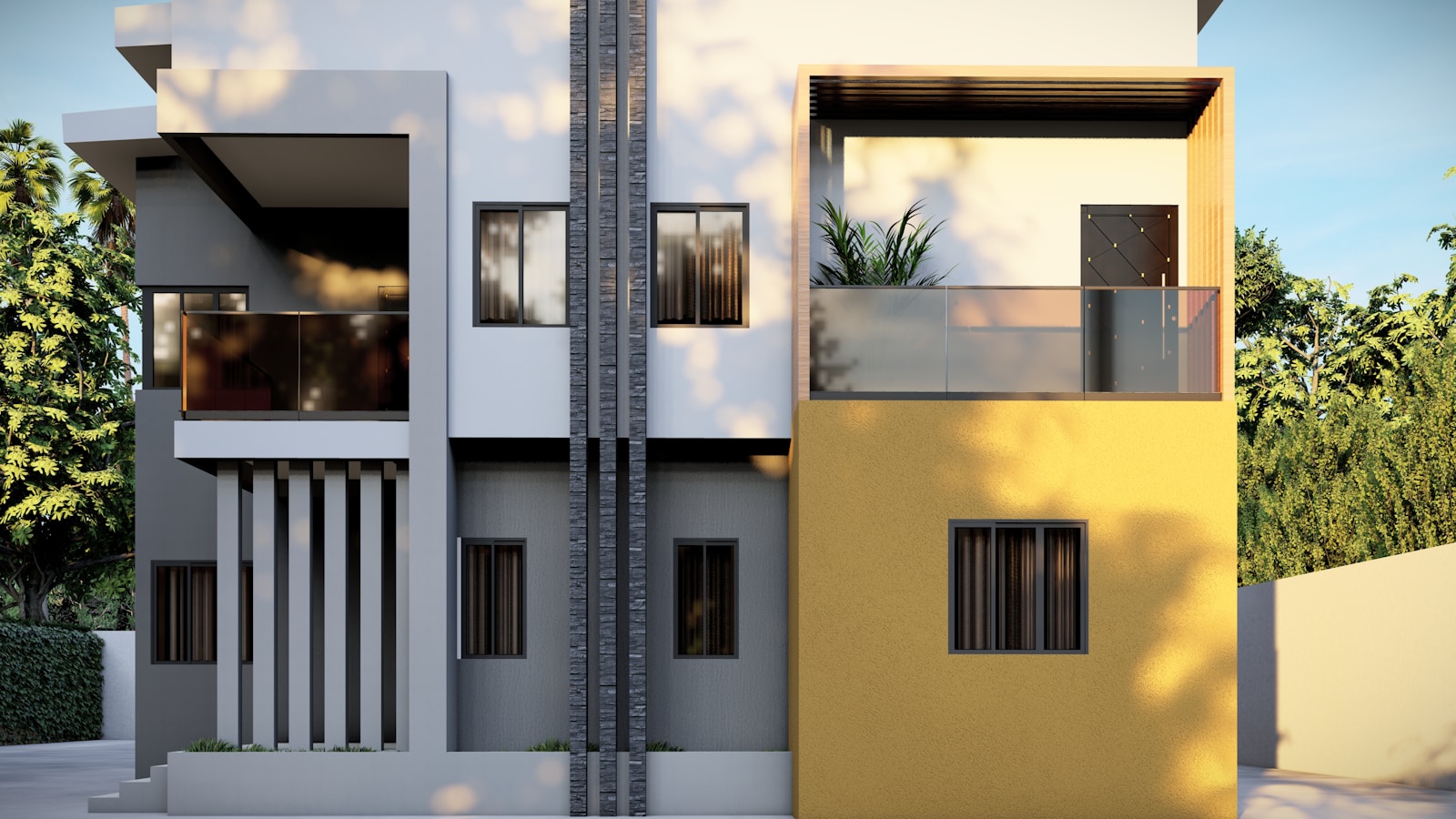Every real estate agent in Metro Vancouver is telling you Burnaby is "the next big thing." But after helping 50+ families find their perfect duplex and with my unique background selling luxury properties across three continents, I've learned something: it's not about buying anywhere in Burnaby. It's about knowing which pockets are truly worth your money.
Below, I’ll break down Burnaby’s top duplex zones, including some lesser-known sub-areas. Whether you’re a family seeking community, an investor looking at long-term appreciation, or downsizing from a house to a duplex for sale in Burnaby, here’s where I’m advising my clients to focus in 2025.
1. Vancouver heights, Burnaby: The “I Wish I’d Bought Here Five Years Ago” Zone
Last month, I had three families fighting over a duplex on Albert Street, right in Vancouver heights, Burnaby (this is a sub-area of Burnaby, not Vancouver city!). It went $150,000 over asking because everyone could see what I’ve been telling my buyers for years: duplexes in Vancouver heights, Burnaby appreciate faster than the Burnaby average. Walkability, great schools, and the "whole foods effect" are making this enclave a perennial favorite.
2. Sperling-Duthie: The University Parent’s Best Friend
If you have university-bound kids or want easy access to SFU, this is your best play. The community here is established, neighbourly, and full of parks. Duplexes here are often on quiet streets and draw both owner-occupiers and clever parents looking for dual living options near campus.
3. Highgate: Diversity and Urban Convenience
Highgate offers a vibrant, walkable pocket full of shops, parks, and new energy. Families love the sense of community and newer duplex builds, while investors like the area’s rapid rejuvenation and proximity to transit and amenities.
4. Central Park/Metrotown: The 'Have Your Cake' Play
Buyers who want to balance city access with a family feel should look to Central Park and Metrotown. Shopping, parks, and Skytrain stations are close by. Properties move fast, especially newer construction with thoughtful layouts.
5. South Slope: Hidden Gem for Flexible Living
A client of mine recently secured a modern, 2023-built duplex in South Slope. Not only did it offer EV charging and outstanding views, but also because it’s a newer build, it included a legal suite (note: the vast majority of Burnaby duplexes do not have separate rental suites; only some new ones do). They're living in one side, renting out the suite in the other, and have seen their property’s value jump 8% in six months. For multigenerational living or extra income, South Slope duplexes (especially the new and custom builds) are worth careful attention.
6. Upper Deer Lake & Burnaby Lake: Nature-Adjacent, Family-Oriented
Upper Deer Lake and Burnaby Lake combine green space with practical transport routes. Here, you find duplex lots offering larger yards, privacy, and easy connection to recreation. All with great long-term hold potential.
7. Burnaby Hospital & Forest Glen: Central, Yet Quiet Choices
Both Burnaby Hospital and Forest Glen attract those wanting close proximity to healthcare, Metrotown, and established residential streets. Duplex stock here is a mix of newer and classic layouts, and prices are often more attainable than surrounding areas.
8. East Burnaby: Larger Lots and Value Buys
If lot size, potential for future value, and quiet family living top your list, East Burnaby offers larger parcels and a quieter vibe. It’s a perennial favorite for buyers who want space within easy reach of schools and transit, and increasing development is beginning to transform the area.
What Buyers Need to Know About Burnaby Duplexes
Rental Suites: 98% of Burnaby duplexes do not have a rental suite. Only a few of the newest builds include a legal secondary suite, offering rare flexibility for multigenerational families or additional income.
Duplex vs. Condo: While we list great condos for sale in Burnaby, a duplex for sale in Burnaby delivers true flexibility because you live in one side, house relatives on the other, or pursue future wealth-building through potential rent (in those newer units with suites).
Market Demand: In these sub-areas, well-priced and well-presented duplexes frequently attract multiple offers, especially with unique features or modern finishes.
Final Thoughts: Where Should You Buy in 2025?
Focus on areas with growth, amenities, and strong community:
Vancouver heights, Burnaby, Highgate, Burnaby Hospital, Forest Glen, East Burnaby, Upper Deer Lake, South Slope, and Burnaby Lake.
Buy smart by understanding Burnaby’s real zones and avoid overpriced listings in non-duplex areas. And if suites are essential, let your realtor show you only the select new builds that offer this feature.
Thinking about a duplex for sale in Burnaby, or weighing the appeal of condos for sale in Burnaby for comparison? Reach out for my personal shortlist or a consultation tailored to your goals.











